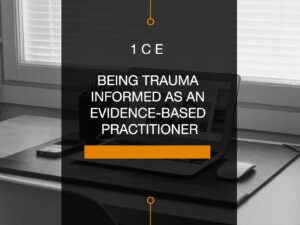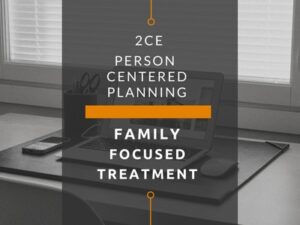Instructor
Mark Lowis, LMSW, MCSW, MINT
24
Students
enrolled
- Description
- Curriculum
CBT: Introduction to Cognitive Behavioral Skills Fundamentals
-
1Instructions
-
2Download slides presentation copy and other materials
-
3Thinking Matters Journal and Facilitator Manual
-
4Stream this presentation
-
5Confirm course completion
Please ensure that you completed this course as directed. Then use the available link here to access and complete the required online confirmation document. Thanks.












